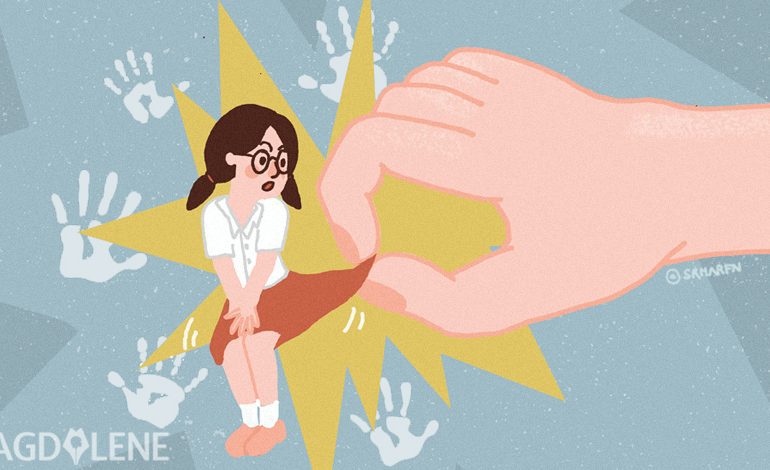Prevent Child Sexual Violence with Positive Parenting

The Ministry of Women’s Empowerment and Child Protection recently declared a state of emergency on child sexual violence, with reported cases more than doubling from 4,162 cases in 2021 to 9,588 cases in 2022. In response to a recent incident in which 11 children were sexually abused in Jambi, the Ministry’s Deputy of Child Protection Nahar called upon parents to raise awareness, educate, and protect children from sexual violence through positive parenting and open communication.
While Nahar stated that positive parenting is key, the rest of his press statement about this on February 5th did not provide further elaboration into the concept. The Deputy merely asked parents to pay close attention to any changes in their children’s attitude and behavior and maintain open communication.
One definition of positive parenting, as stated by the Council of Europe, is acting in the best interests of the child by nurturing, empowering, committing to non-violent approaches, providing recognition, guiding, and setting boundaries for children.
How then does positive parenting relate to preventing child sexual violence? Two questions are at the crux of this issue: firstly, how do we protect our children from becoming victims of sexual violence? Secondly – the much harder question to grapple with – how do we prevent our children from becoming sexual offenders?
Empowering through knowledge, consent, and open communication
Among parents in Indonesia, it is becoming increasingly commonplace to promote teaching children about private parts and consent. When children know the real names of body parts, and how they should not be touched or shown to anybody else, they are empowered to report unwanted interaction if it happens.
Children should also have the confidence to say “no” to unwanted bodily contact, even when they are pressured by people they know. This is important as 93 percent of child sexual abuse cases are committed by acquaintances and family members, as reported by RAINN, the largest anti-sexual assault organization in the US.
Also read: Comprehensive Sex Ed Offers Solution to Teen Relational Violence
Open communication is also important. That means checking in with your children and welcoming shame-free conversations, even on cringey or taboo topics. As much as we try to limit children’s exposure to negative behavior, today’s Digital Age means that children may see disturbing content unintentionally, from peers or passing content on the internet. Even apps supposedly designed for children, such as YouTube Kids or gaming apps, have recently been criticized as some adult content still appears, either in the form of mature cartoons or advertisements.
When things like this happen, parents need to be ready to have honest conversations so that children are not misinformed about appropriate sexual conduct. The Indonesian Ministry of Health encourages parents to build trustful communication avenues by understanding children’s perspectives before criticizing, listening intently to their stories, and respecting their decisions and opinions.
Raising empathetic children
Worryingly, the onslaught of child sexual violence cases in Indonesia has also revealed that some perpetrators are children themselves. In Nganjuk, East Java, last year a 7-year-old was raped by an 11-year-old, and in Dlanggu, East Java, a preschool child was raped by three children in primary school.
Also read: Finding My Voice: A Sexual Abuse Survivor’s Story
Although sexual offense is caused by many factors, including perpetrators being victims of sexual violence themselves, many studies cite a lack of empathy as a key issue. Hence, rehabilitation programs for sexual offenders often focus on improving empathy.
This emphasis on building empathy is at the core of positive parenting. For a child to be able to understand and share the feelings of others, their feelings must first be understood and shared. Thus, positive parenting calls upon parents to accept all feelings of a child, and simultaneously stop any harmful actions due to those feelings. With strong empathy, it is hoped that an individual will be able to put themselves in a victim’s shoes and refrain from committing sexual violence.
Is positive parenting enough?
While positive parenting can certainly aid in preventing sexual violence, it is unreasonable and unfair to expect parents to bear the sole responsibility for reducing child sexual violence. The whole community needs to work together to eliminate the root causes of sexual violence, including oppression, poverty, patriarchal norms that induce sexual entitlement, and weak policies and enforcement on cases of child sexual violence.
Schools also need to make sure safety measures are in place – for example, policies for safe bathroom use, so that we can avoid cases like in Aceh where a 16-year-old student was raped by a peer in the bathroom. It takes a village to raise a child, and it will take a village to make sure our children are safe from sexual violence.






















